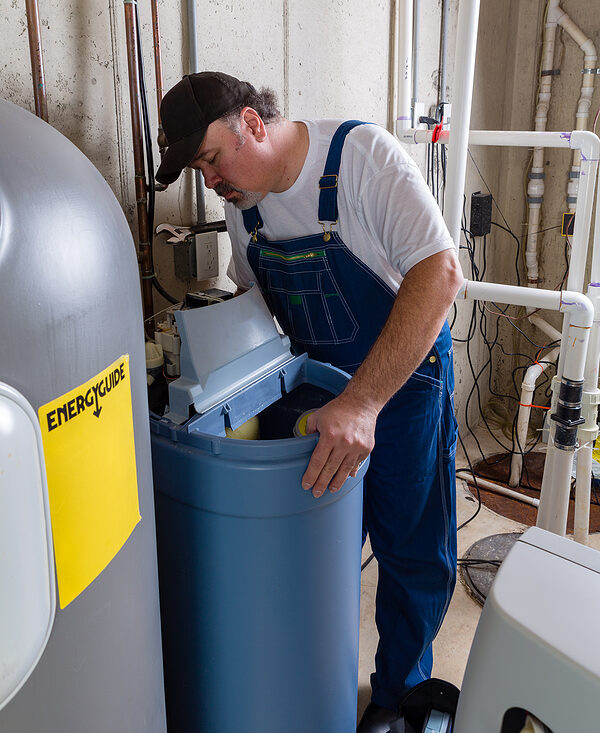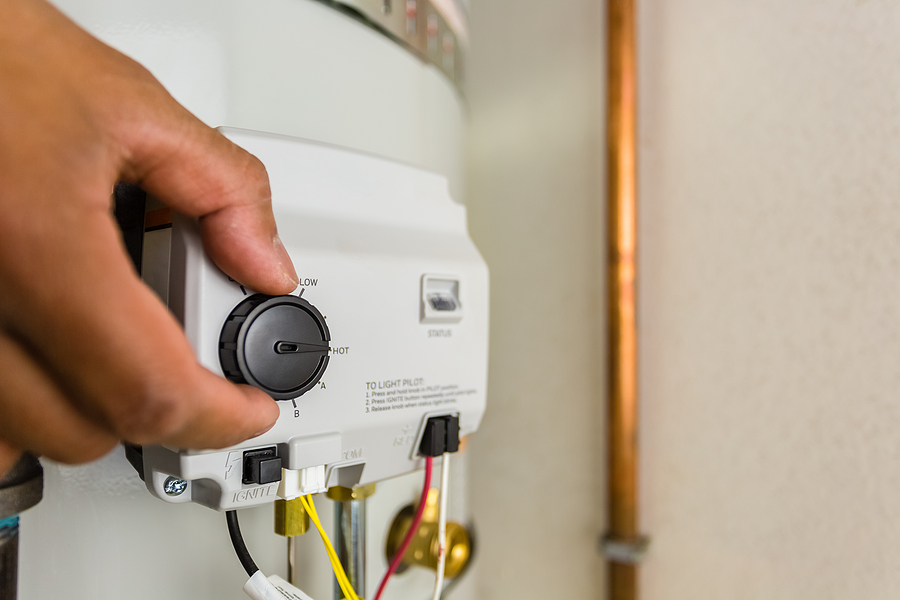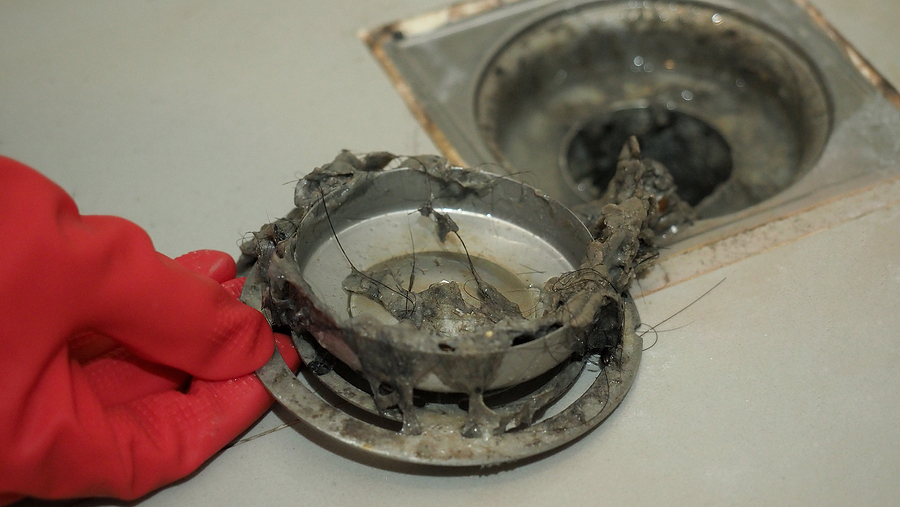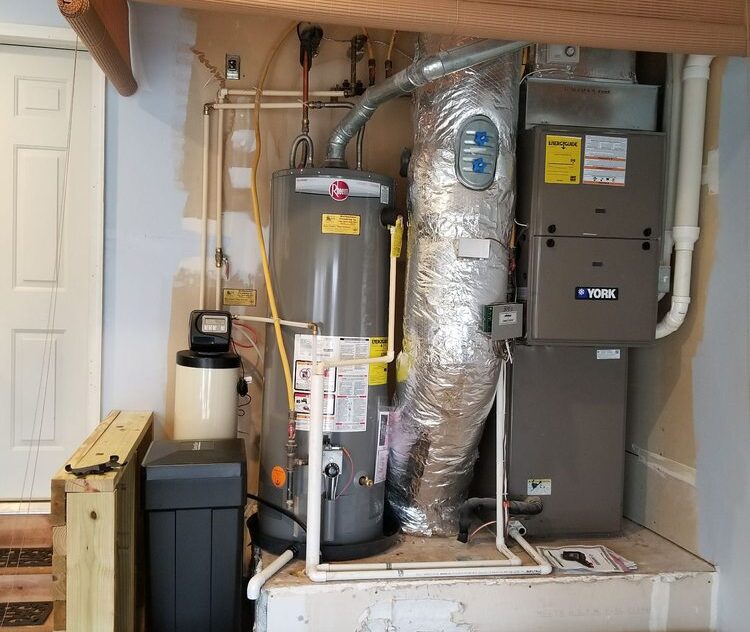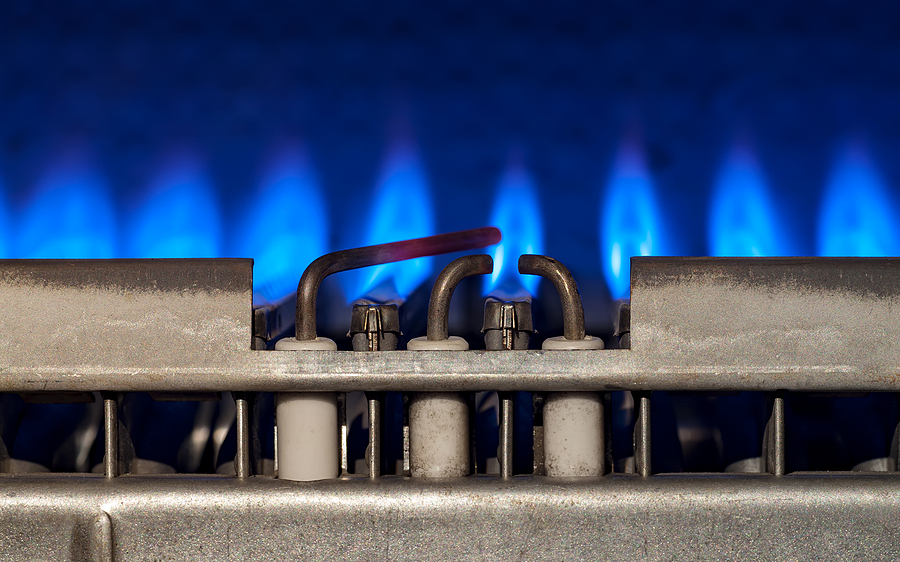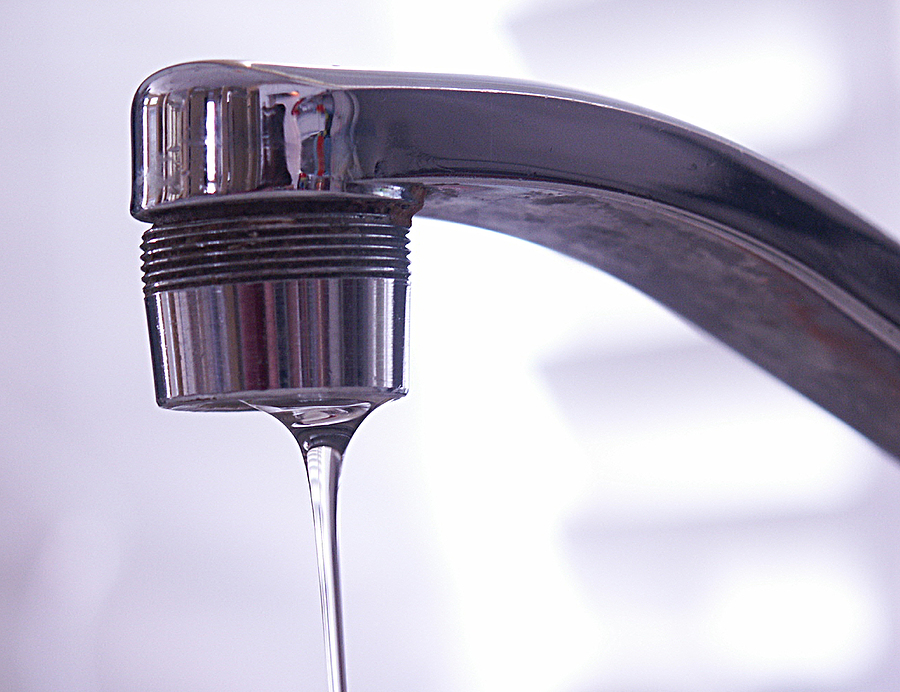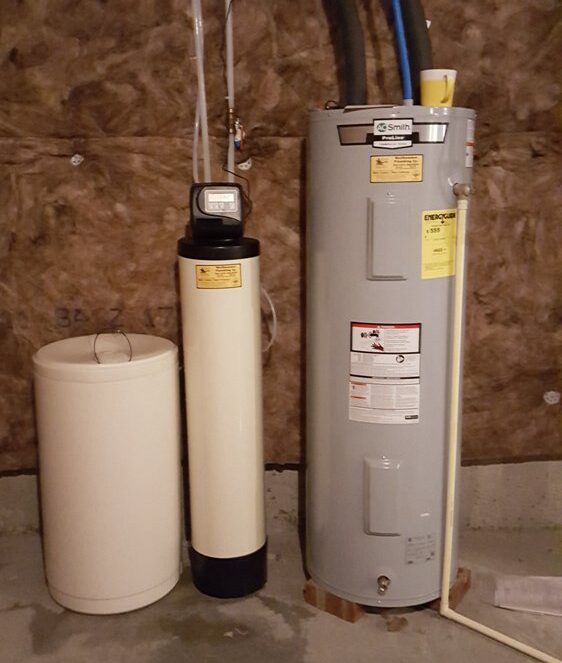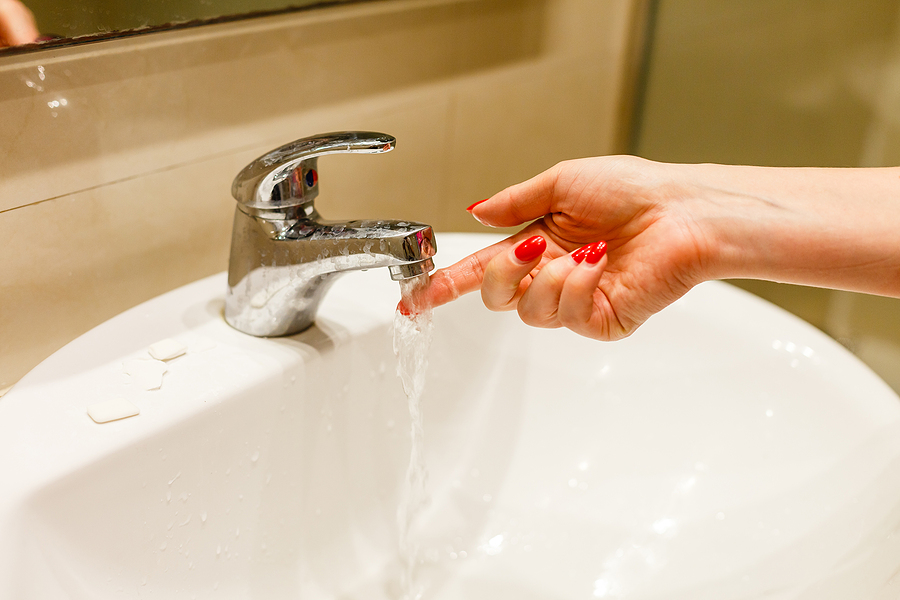A hot shower on a cold morning or warm water for dishes after dinner—your water heater quietly works behind the scenes to make daily life comfortable. Most homeowners don’t think twice about their water heater until something goes wrong. When it does, knowing when to call for professional water heater repair can save you from costly damage, safety hazards, and days without hot water.
Understanding the warning signs and recognizing when a problem requires expert attention helps protect your home and your family. Whether you have a gas water heater, electric water heater, or tankless water heater, each type presents unique challenges that often need a trained professional to diagnose and fix properly.
This guide walks you through the common signs of water heater problems, explains why DIY repairs can be risky, and offers practical advice on choosing the right water heater repair company in Indianapolis and surrounding suburbs.
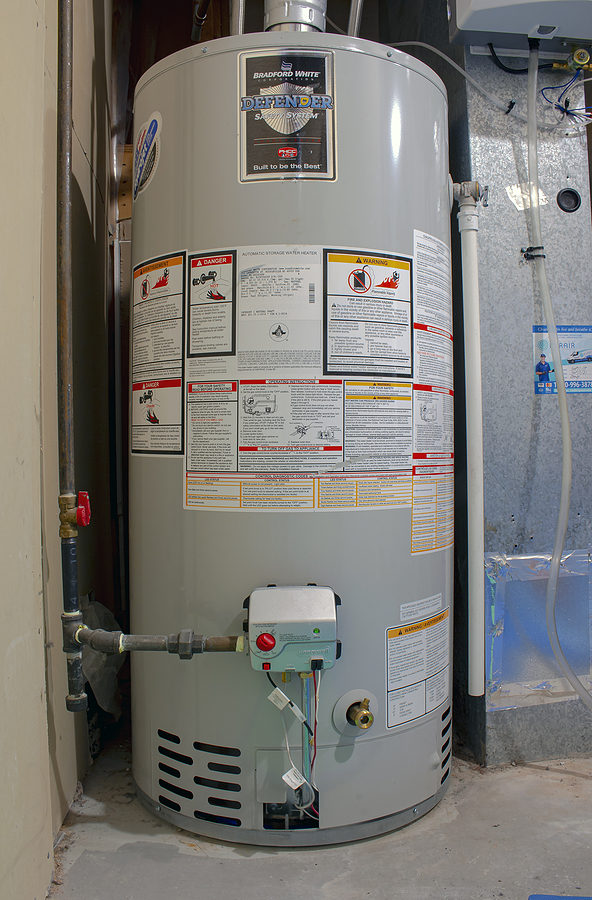
Common Signs Your Water Heater Needs Professional Repair
Recognizing early warning signs can prevent minor issues from escalating into major emergencies. Here are the most common indicators that your water heater needs professional attention:
Inconsistent Water Temperature
When your shower alternates between scalding hot and lukewarm, or your faucets deliver unpredictable water temperatures, the culprit is often a faulty thermostat or failing heating element. These fluctuations signal that your water heater isn’t maintaining proper temperature control. A professional water heater inspection can pinpoint whether the thermostat needs recalibration or if the heating element requires replacement.
Strange Noises
Water heaters shouldn’t sound like a percussion section. Banging, rumbling, popping, or hissing noises typically indicate sediment buildup at the bottom of the tank. As minerals from hard water accumulate over time, they harden and create a barrier between the heating element and the water. This forces your system to work harder and can lead to premature failure. In some cases, unusual sounds may also point to internal damage that requires immediate professional evaluation.
Leaks Around the Unit
Any visible water around your water heater demands immediate attention. Leaks can stem from various sources: corrosion within the tank, loose pipe connections, a faulty pressure relief valve, or cracks in the tank itself. Even small leaks can cause significant water damage to your home and indicate more serious structural problems with your water heater. Professional water heater repairtechnicians can identify the leak source and determine whether repair or replacement is the best course of action.
Discolored or Rusty Water
When you turn on the hot water tap and notice brown, rusty, or murky water, corrosion inside your tank is likely to blame. This discoloration often means the protective lining inside the tank has deteriorated, allowing rust to contaminate your water supply. While sediment buildup can sometimes cause temporary discoloration, persistent rusty water typically signals that your tank is nearing the end of its lifespan.
Low Hot Water Pressure
If your hot water pressure has noticeably decreased while cold water flows normally, sediment accumulation or a faulty valve may be restricting water flow. Sediment buildup can clog pipes and reduce the volume of water your system delivers. A professional water heater maintenance service can flush your system to remove sediment and restore proper pressure.
The Dangers of DIY Water Heater Repair
The appeal of saving money by fixing problems yourself is understandable, but water heater repair involves significant risks that most homeowners aren’t equipped to handle safely.
Gas Water Heater Hazards
Gas water heaters present serious dangers when improperly handled. Working with gas lines without proper training can lead to gas leaks, which create fire and explosion risks. Carbon monoxide poisoning is another deadly concern if combustion systems aren’t functioning correctly. Professional technicians have specialized tools and knowledge to work safely with gas connections and combustion components.
Electric Water Heater Risks
Electric water heaters carry the risk of electrocution if you’re not experienced with electrical systems. High-voltage components require proper safety procedures and equipment. Incorrect wiring or faulty repairs can also create fire hazards within your home.
Tankless Water Heater Complexity
Tankless water heater repair involves sophisticated electronics, precise calibration, and complex diagnostic procedures. These systems require specialized knowledge that goes beyond basic plumbing skills. Attempting repairs without proper training can void warranties and cause additional damage that costs more to fix.
Water Damage
Even seemingly simple repairs can go wrong, resulting in flooding that damages floors, walls, and personal belongings. The cost of repairing water damage often far exceeds what you would have paid for professional service.
Voided Warranties
Most manufacturers require professional installation and repair to maintain warranty coverage. DIY attempts can void your warranty, leaving you financially responsible for all future repairs or replacement costs.
Request a Free Estimate for Water Heater Repair Now ✅
Choosing the Right Water Heater Repair Company
Selecting a qualified professional ensures quality workmanship and protects your investment. Consider these factors when choosing a water heater repair company in the Indianapolis area:
Licensing and Insurance
Verify that any company you consider holds proper licensing for plumbing and water heater repair in Indiana. Adequate insurance coverage protects you from liability if accidents occur during service.
Experience and Specialization
Look for companies with extensive experience repairing your specific type of water heater. Gas, electric, and tankless systems each require different expertise. Ask how long they’ve been in business and what percentage of their work involves water heater repair.
Emergency Services
Water heater emergencies don’t follow business hours. Companies offering 24/7 emergency service provide peace of mind when you need urgent repairs.
Transparent Pricing
Reputable companies provide clear estimates before beginning work. Professional water heater repair costs vary based on the problem, type of water heater, and repair complexity. Ask for detailed quotes that break down labor and parts costs. Check out our current water heater special—Get a brand new Rheem 50 Gallon water heater for $1799! Installation, thermal expansion tank & safey pin included.
Customer Reviews
Online reviews from Indianapolis-area homeowners offer valuable insights into reliability, quality, and customer service. Look for patterns in feedback rather than focusing on single reviews.
Warranties on Work
Quality companies stand behind their repairs with warranties on both parts and labor. This demonstrates confidence in their workmanship and protects you if problems reoccur.
Water Heater Maintenance Tips
Regular water heater maintenance extends your system’s lifespan and prevents many common problems. Here are practical steps to keep your water heater running efficiently:
- Schedule Annual Professional Inspections: Professional water heater inspection catches potential problems early, before they become expensive emergencies. Technicians check all components, test safety features, and ensure optimal performance.
- Flush Your Tank Regularly: Flushing removes sediment buildup that reduces efficiency and causes damage. For most homes, annual flushing is sufficient, though hard water areas may benefit from more frequent service.
- Test the Pressure Relief Valve: This safety feature prevents dangerous pressure buildup. Test it annually by lifting the lever and ensuring water flows freely. If it doesn’t operate smoothly, call a professional for replacement.
- Check the Anode Rod: This component protects your tank from corrosion. Most manufacturers recommend inspection every two to three years and replacement when it’s significantly corroded.
- Monitor Water Temperature: Set your thermostat to 120°F for optimal efficiency and safety. Higher temperatures increase energy costs and scald risk, while lower settings may not provide adequate hot water.
- Insulate Older Units: Adding insulation to your tank and hot water pipes reduces heat loss and lowers energy costs. This simple upgrade can extend the life of older systems.
- Watch for Warning Signs: Stay alert to the common problems discussed earlier. Addressing issues promptly prevents minor problems from becoming major failures.
Protect Your Home’s Comfort
Your water heater is a critical home system that deserves professional attention when problems arise. Recognizing warning signs early, understanding the risks of DIY repairs, and choosing qualified professionals protects your home and family. Regular water heater maintenance through professional inspections and simple preventive measures extends your system’s lifespan and prevents costly emergency repairs.
Professional water heater repair costs are an investment in your home’s safety, comfort, and efficiency. Whether you’re dealing with inconsistent temperatures, strange noises, leaks, or any other water heater problems, experienced technicians in Indianapolis and surrounding suburbs are ready to help.
Don’t wait until a small problem becomes a major emergency. If you’re experiencing any of the warning signs discussed in this guide, call for expert water heater repair today. Professional service ensures your water heater operates safely and efficiently, delivering the reliable hot water your household depends on.
Related Post: Water Heater Not Turning On? Here’s What to Do


